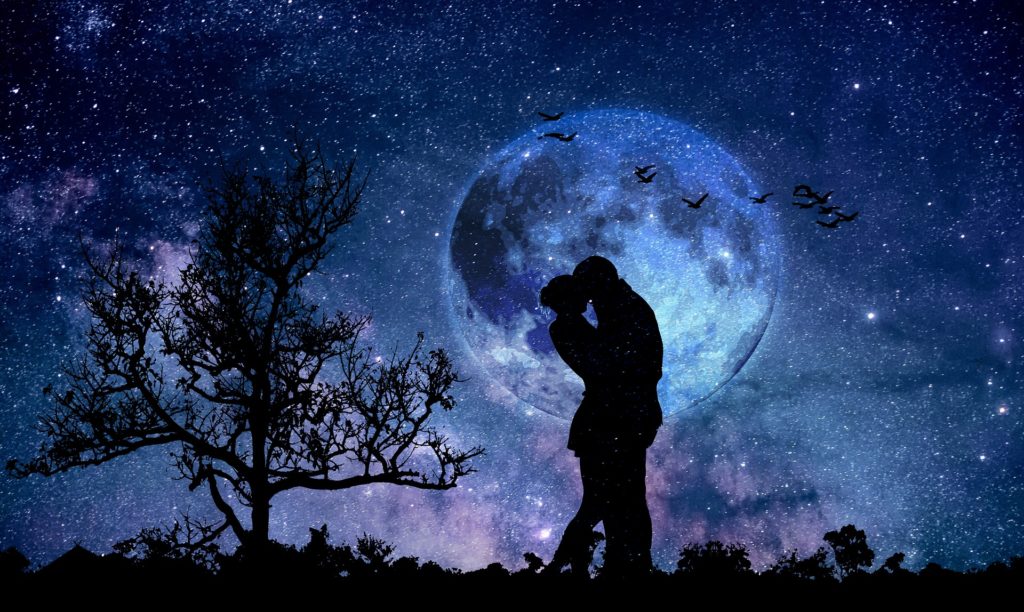1. Overuse of exclamation points!!!!!!! This one grates on my nerves. I am of the opinion that unless a character is actually shouting, there’s no…
All Swoon. No Spice.
1. Overuse of exclamation points!!!!!!! This one grates on my nerves. I am of the opinion that unless a character is actually shouting, there’s no…
One of my favorite book scenes of all times is in Harry Potter and the Order of the Phoenix. At the end when Harry is talking to Dumbledore in his office, discussing the prophecy.
“Neither can live while the other survives.”
Dumbledore explains that the details given in the prophecy applied to Harry, but they also applied to Neville. It’s the moment when Harry finally understands what being the Chosen One will eventually mean.
Do you like clean wholesome romance? If you read and follow my work, then my guess is YES, you do. And since that’s the case, I’ve got some good news for you.
There’s a new romance that focuses solely on clean wholesome romance.
 Have you ever been reading a book, and when someone asks you what genre it is, you kind of wince as you admit that it’s “just” a romance? I know I’ve had this inclination. Heaven forbid I be caught reading that mushy love stuff. What a waste of time, right? Except that, no, it’s not. The romance genre shouldn’t be viewed as less than any other genre, but somehow that’s the hand it’s been dealt.
Have you ever been reading a book, and when someone asks you what genre it is, you kind of wince as you admit that it’s “just” a romance? I know I’ve had this inclination. Heaven forbid I be caught reading that mushy love stuff. What a waste of time, right? Except that, no, it’s not. The romance genre shouldn’t be viewed as less than any other genre, but somehow that’s the hand it’s been dealt.
But where did this need to undermine the value of the romance genre come from? Somehow action and comedy and sci-fi feel more acceptable. Is it because they’re more male-centric? Well…yes. I believe so. Action is about being tough. Science fiction is about sciency stuff. Comedy makes you laugh. But romance. Ooh. Geez. Romance is all about feelings. That’s girly stuff. As if men don’t experience emotions. As if valuing and discussing and wanting love someone makes a person less than.
I write from one perspective. All of my novels are told from the point of view of one character only—the heroine. I do that on purpose, and I’ll tell you why.
HOW WILL THEY END UP TOGETHER?
When I start reading a book, there are many factors that might prevent me from being able to immerse myself in the story. One of the biggest is unlikable characters. I imagine that’s the case with many readers, especially if you enjoy character driven books. We don’t want to cheer for a character that we just don’t like. Sometimes I don’t like characters because they’re boring, other times it’s because I don’t respect them. Whatever the reason, the fact remains that writing likable characters is essential for an author’s success.
What’s the first step to writing likable characters? You have to actually like them yourself. If you don’t love the characters you create, then how can you expect readers to love them?
I heard a song the other day that started with the lyrics, “Guess it’s true I’m not good at a one-night stand.” The sadness of those lyrics struck me. The assumption that the majority of people are/should be good at having meaningless physical relationships speaks to just how much society has devalued genuine feelings and emotions like love, affection and caring. It’s become the norm to “use it and lose it.” The fact that the word “it” is used in that term should tip us off to just how much we’ve dehumanized each other.
The song is sung by a man and it got me thinking on the condescending remarks people tend to make that “boys will be boys” and “men can’t help themselves.” I’m guessing many of you agree that the latter is bull and that men can and should control themselves. But what of the first one? There is no denying that little girls and little boys tend to have different interests depending on their gender; but what does that have to do with the crippling idea that men have no self-control?
Before I was lucky enough to find blogs and other resources that I could rely on for book recommendations, I would troll Amazon. If a description caught my eye, I would look at the sample pages. In doing so I discovered a disturbing trend in romance novel plots. Two books still stick out in my mind. One started with a drunken man stumbling into what he thinks is his room at an Inn. He then assumes that the girl sleeping in the bed must be a prostitute and he treats her as such. The second book started with a ‘gentleman’ (it was a regency, I believe) coming upon a lady in a garden. He only sees her from behind and mistakes her for someone he was supposed to be meeting for a romantic rendezvous. He ends up assaulting the poor girl before realizing she’s not who he thought she was. When he does realize, there is no apology. He just turns on the charm, brushes it off as no big deal, and they part ways. Later, during the social gathering they are attending, he winks at her from across the room.
I went back and read the descriptions of these books and realized that, yes, in both cases I had just met the hero and heroine of the book. These were the two people that were going to fall in love and live happily ever after.
What the crap??!! Are you kidding me?